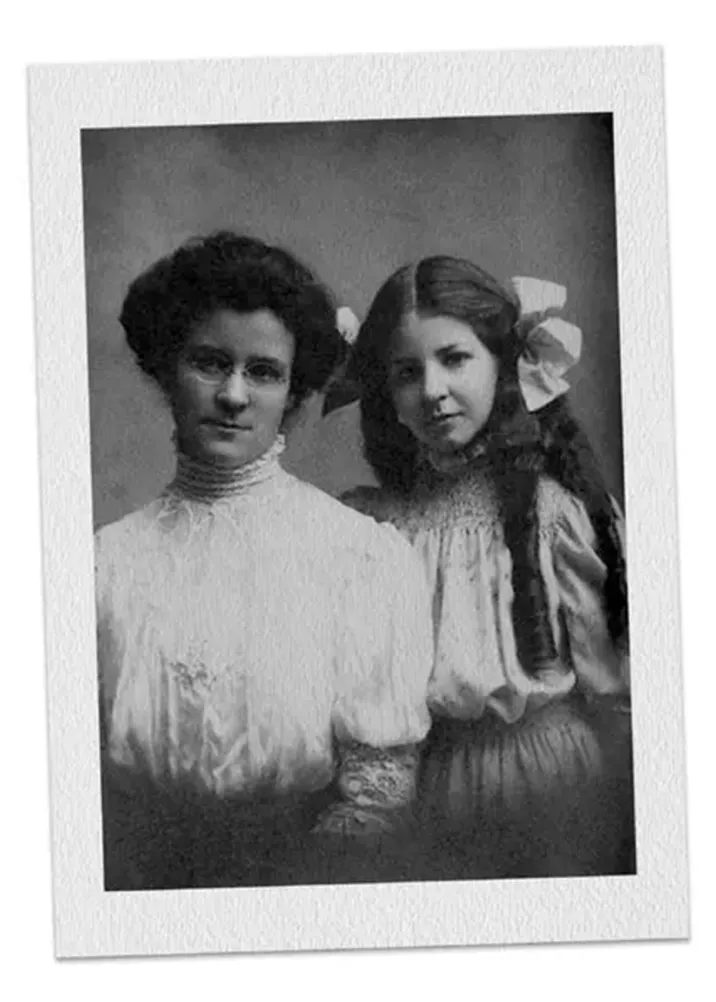
Your Ideal Morning Routine Based on Your Personality Type
Start your day the Myers-Briggs way.
With no two days looking the same, establishing a morning routine is a lot easier said than done. Schedules are constantly changing, and our bodies run on different ‘clocks’, making the idea of the 'perfect morning routine' somewhat of an anomaly.
However, according to the Myers-Briggs type indicator personalities, there are certain steps and practices we can add to our morning routine to optimise the day ahead.
Below, we look into what a Myers-Briggs type indicator is, and how knowing yours* will allow you to perfect your morning routine so you can make the most of your day.
*If you don't know your MBTI personality type, search a 'Myers-Briggs type indicator test' online, and continue reading to find out how you can optimise your mornings.

Katharine Cook Briggs and Isabel Briggs Myers.
What is a Myers-Briggs type indicator?
Before we get into how each personality type should approach their morning, let’s first explore what a Myers-Briggs type indicator (MBTI) is, and how knowing which one you are, can work to your advantage.
In 1944 Katharine Cook Briggs and her daughter Isabel Briggs Myers, created a self-report questionnaire to indicate "personality types". The original cause for its creation was to help women entering the industrial workforce for the first time to identify the sorts of war-time jobs that would be the "most comfortable and effective" for them.
Nowadays, assessing an individual's personality type serves a multitude of purposes, from what kind of professions to enter, what sort of people to surround yourself with, to how to approach your mornings.
What are the different Myers-Briggs type indicators?
The MBTI assigns a binary value to each of four categories: introversion (I) or extraversion (E), sensing (S) or intuition (N), thinking (T) or feeling (F), and judging (J) or perceiving (P).
Here is a brief breakdown of these categories:
Extroverts: prefer working in teams, multi-taskers
Introverts: prefer working alone, like to focus on one task at a time
Sensors: realistic, fact-oriented
Intuitives: energetic, imaginative
Thinkers: prefer to make decisions using logic, strive for fairness
Feelers: prefer to make decisions using feelings, sensitive
Judgers: organised, prepared, rule followers
Perceivers: spontaneous, flexible
Elevate Your Morning Routine
Enjoyed This?
Keep perfecting your morning routine.










